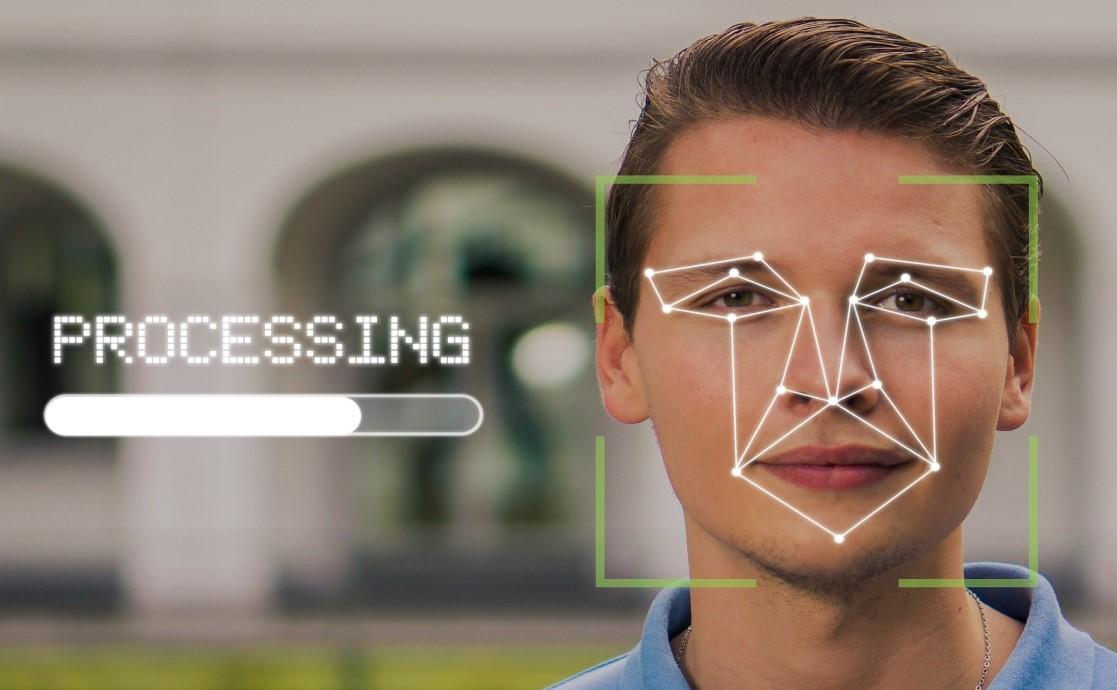
4 minute read
Addressing the Use of Facial Recognition Software
Climate JusticeAsper Centre Working Group Reflection
Addressing the Use of Facial Recognition Software, Privacy, and Law Enforcement in Canada
Advertisement
By Annecy Pang and Rachael Tu
New technologies are continually being developed, introduced, and implemented at a rapid rate. As exciting as these developments can be, there is a worrying lack of regulation in Canada for artificial intelligence technologies. An example is Clearview AI, a facial recognition software that has faced considerable criticism for acquiring its image database by scraping images from public social media profiles. Primarily marketed toward law enforcement agencies, the facial recognition app allows users to upload a picture of a person in order to view every public image of that person, along with links to where those images were published. Clearview AI
no longer offers its technology in Canada, but it was tested by dozens of law enforcement agencies across Canada without any type of external oversight, guidelines, or accountability measures.
Clearview AI is merely one example of how law enforcement bodies are utilizing increasingly powerful surveillance technologies. This year, the Asper Centre’s Artificial Intelligence & Constitutional Rights student working group sought to explore the impact facial recognition software has on the Constitutional rights of citizens when used by police agencies. Specifically, we looked into how this type of software might affect the privacy rights of individuals under
section 8 of the Charter. We sought to answer questions such as: does someone have a reasonable expectation of privacy in the photos they choose to post and make public on social media? How does our current search and seizure jurisprudence interact with emerging technologies and digital information? If an individual’s privacy interests are not engaged under s.8 of the Charter, is there space for other legislation to fill the gaps?
With the guidance of the working group’s Faculty advisor Professor Vincent Chiao, working group members researched topics such as: current AI use and regulation in Canada, the United States, and the European Union; a review of case law involving new technologies and alleged s.8 Charter infringements; and whether any accountability measures are in place for law enforcement bodies. We reviewed the work of various civil society organizations in the area, and have identified gaps in our current privacy legislation regime.
Our plan is to provide a written submission to the House of Commons’ Standing Committee on Access to Information, Privacy, and Ethics (ETHI) for their ongoing study on the Impact of Facial Recognition and Artificial Intelligence. Through our research on the use of technology by law enforcement and its interaction with the Charter, we sought to address a number of points relevant to ETHI’s study, including the impact of this technology on vulnerable communities, or how it can be used for illegal surveillance purposes. Our final submission focuses on the limitations of the ‘reasonable expectation of privacy’ framing in s.8 and recommends more robust biometric data protection law for consumers and individuals. We also suggest enhancing accountability and oversight mechanisms for law enforcement bodies to make decisions around the implementation of new technologies.
Although the working group was entirely virtual this year due to the COVID-19 pandemic, we tried to build community within the group of working
group members. We held mid-semester checkins, paired students together for most of the research topics, and emphasized that the working group leaders’ in-boxes were always open for any questions. In the winter semester, we periodically hosted drop-in “lab” hours for students to drop by, ask clarification questions, or just chat. It has been exciting to watch the project move from merely an idea to tangible final product, and are hopeful that it will influence ETHI’s work in the study.
As a first-year working group member, Rachael conducted research on case law and secondary sources in the Fall semester with a focus on the section 8 privacy analysis—particularly the thorny issue of what constitutes a reasonable expectation of privacy in certain situations. For the Winter semester, she switched gears to examining privacy law reform. In spite of the virtual format, she found it enriching to collaborate with her peers on this crucially relevant issue which is capable of affecting everyone in a tangible way. Along the way, Rachael was exposed to the complexities and nuances of legal research, got the chance to delve into Charter jurisprudence for a specific subject, and reinforced her deepening interest in the intersection of technology and the law.
Annecy Pang is a 2L JD student at the Faculty of Law and a co-leader of the Artificial Intelligence and Constitutional Rights working group, and Rachael Tu is a 1L JD student and member of the working group.


Faculty of Law, University of Toronto Flavelle House, 78 Queens Park Toronto, ON M5S 2C5 Phone: 416-978-0092 www.aspercentre.ca
The Asper Centre Outlook is the official newsletter of the David Asper Centre for Constitutional Rights.
Co-Editors: Tal Schreier and Julia Nowicki







